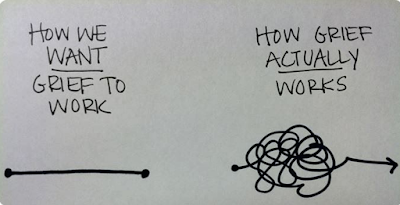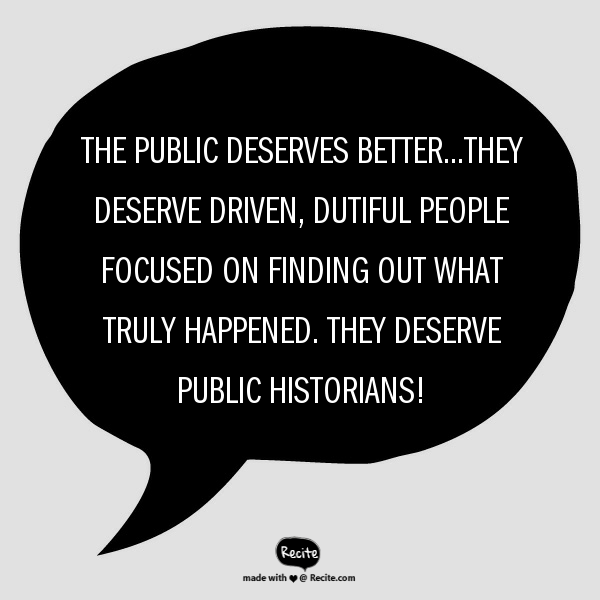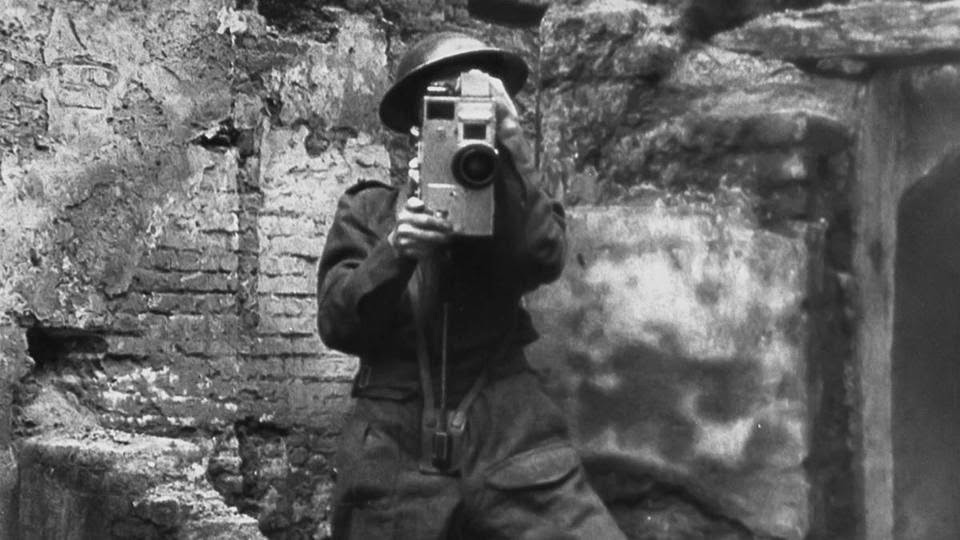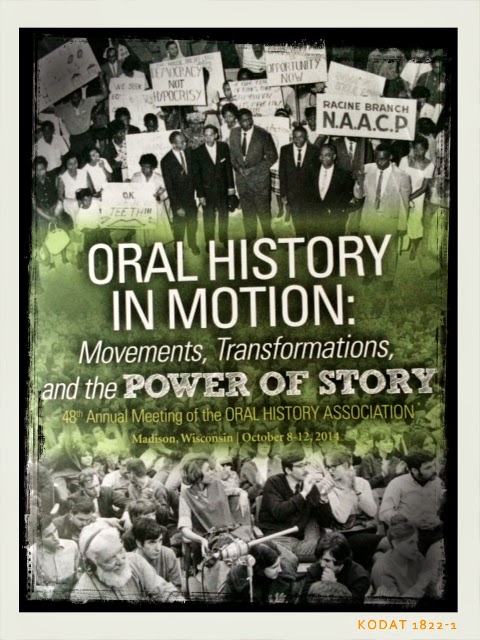On Alzheimers, Irish singalongs and History
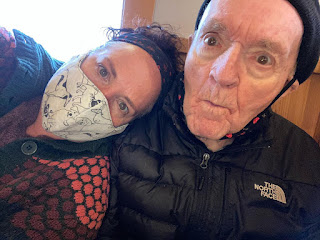
My mom loved St. Patrick's Day. The retinue of "deedle-lee-dee" gave her great joy. At some point in the week leading up to the holiday, there would be singing in person or over the phone, depending on where I lived. Her favorite song was "McNamara's Band" and she would giggle every time " Henessee Tennessee tootles the flute" was sung in the chorus. She also loved that classic of Irish America, which has grown on me over the years, " If you're Irish come into the parlour." (In this version by the Irish Rovers, the two songs are played together.) I hated it when I was younger for the clippy-clappiness of it. Now, older and having lost my mom, there is something about the "big songs" of the Irish American songbook that cheer and ground me. I miss her "welcome mat" and the song, for a moment, returns it to me. When I spend time with my father these days, it is in a car. We go for drives on Sundays a couple t...

